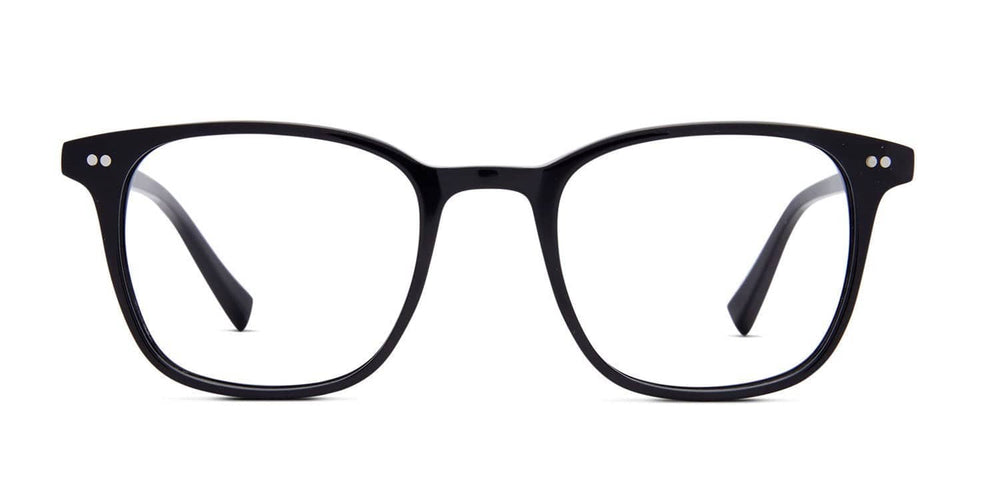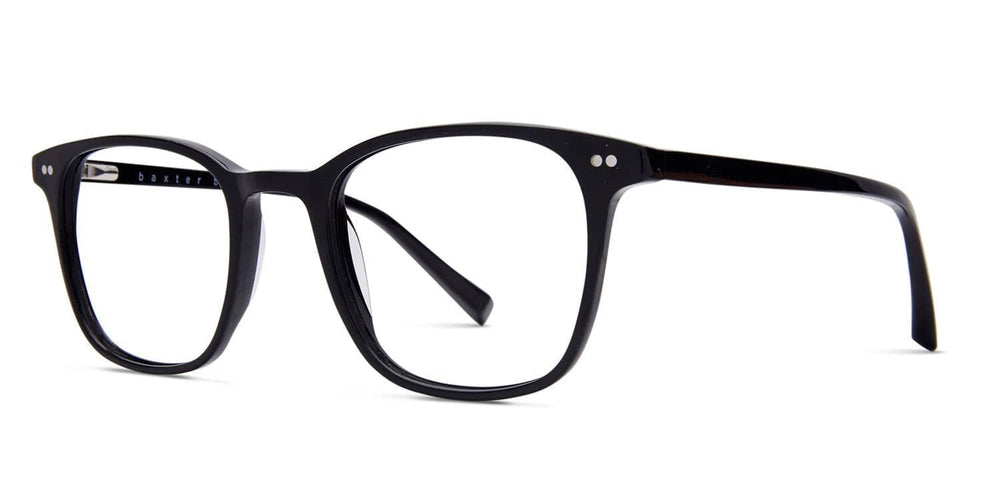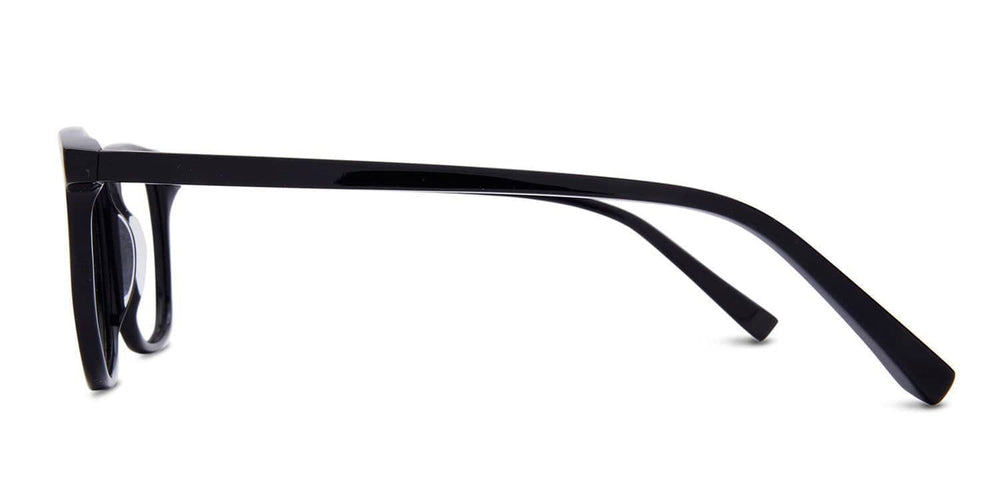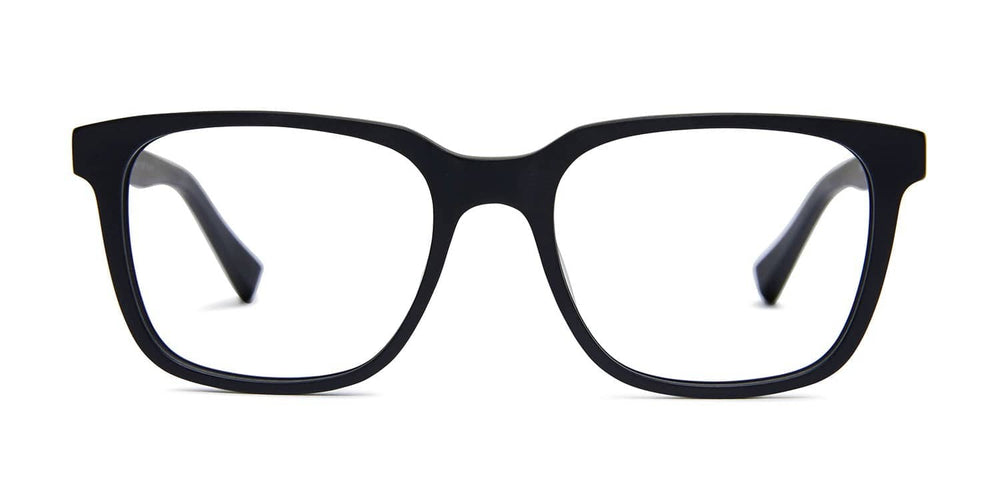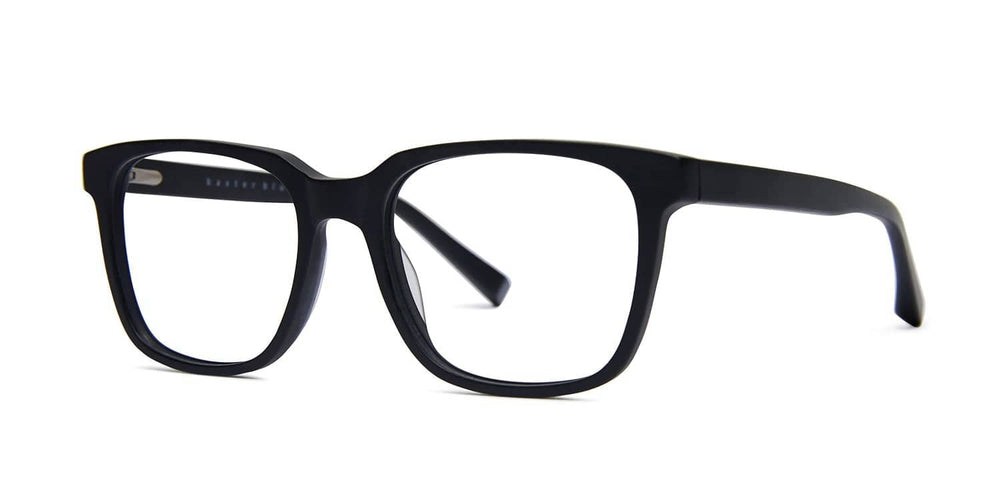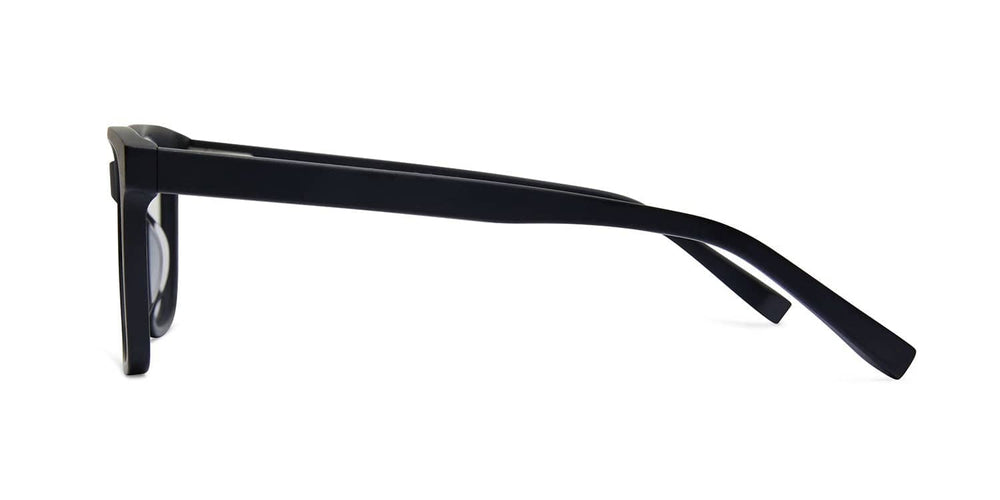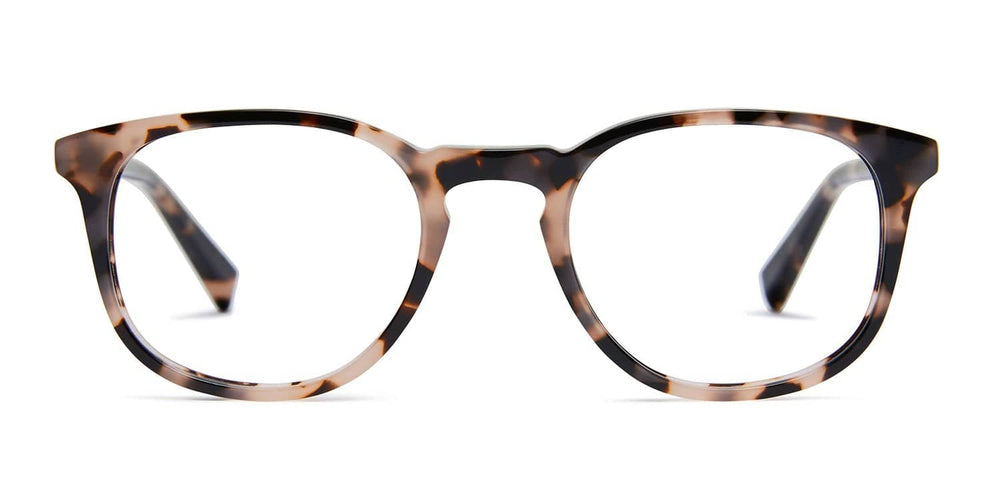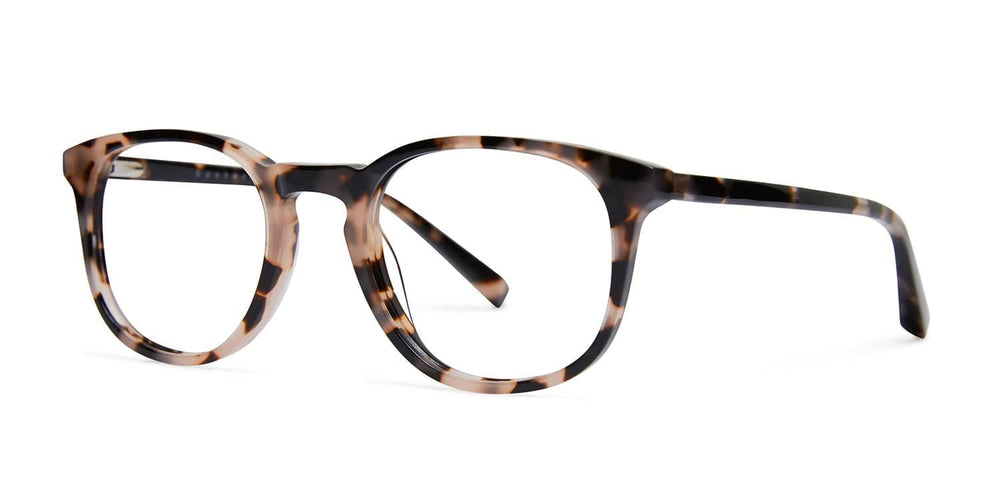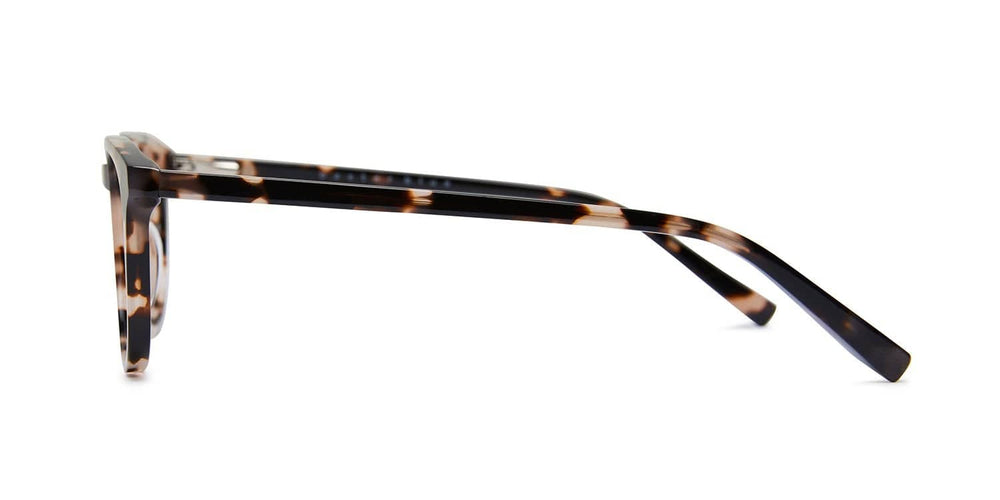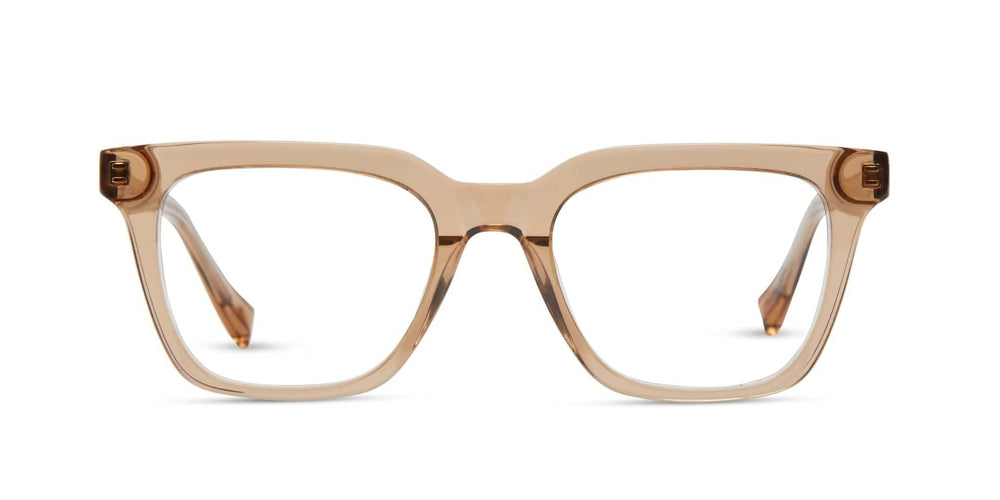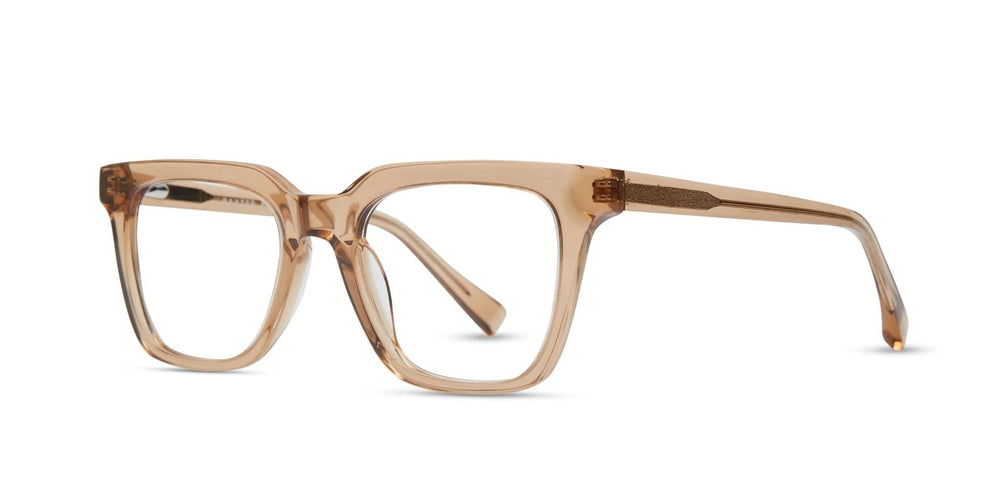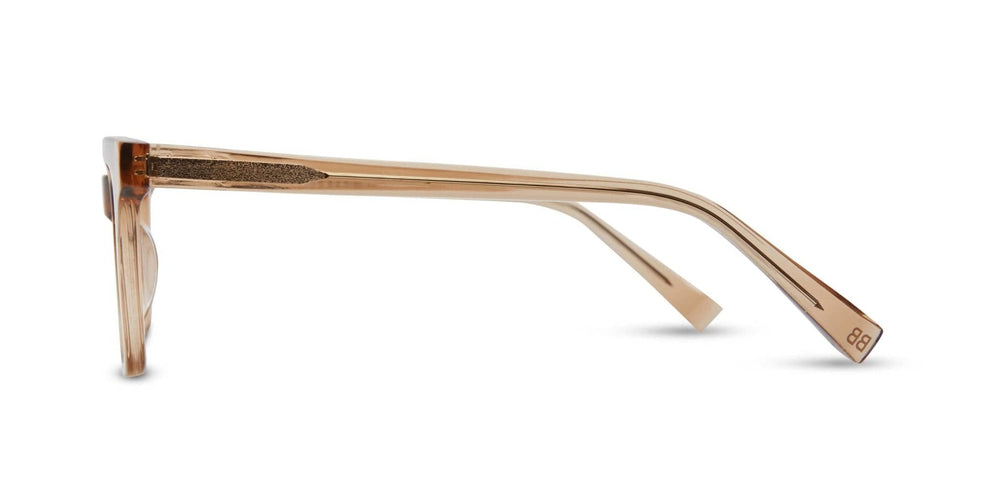Get 20% off 2 or more full priced Baxters or Wellbeing products! Add another full priced item below and a 20% discount will be applied to your overall order at checkout. That's right, 20% OFF your order!
Choose a category
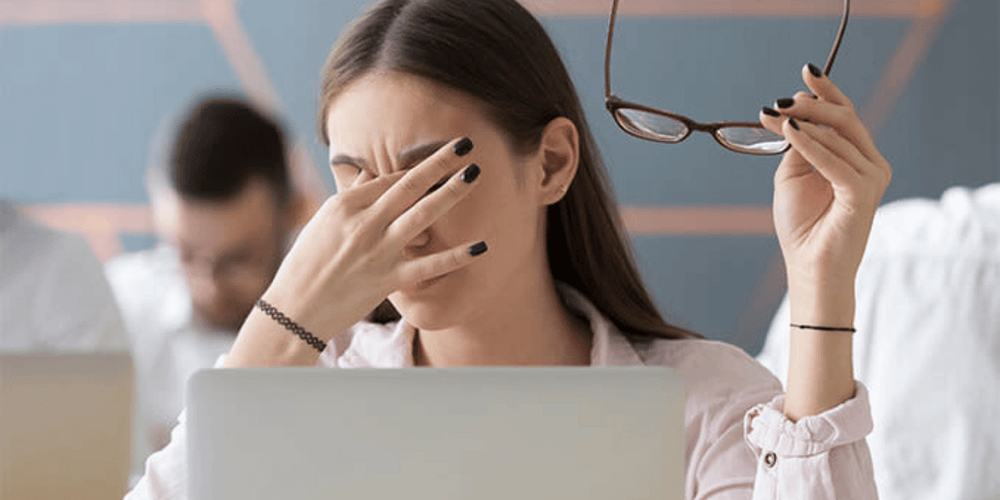
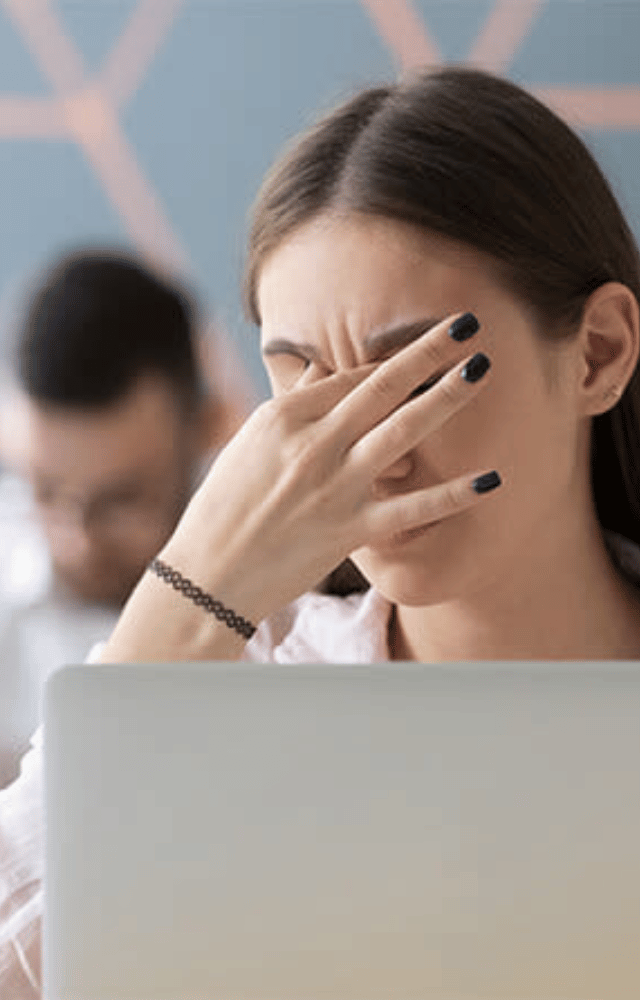
Do Blue Light Glasses Help with Dry Eye?
09.03.23
We live in an era where digital screens have become a part of our daily lives, from checking our smartphones first thing in the morning to working on our laptops throughout the day. With most people spending an increasing amount of time on digital devices, it's no surprise that eye-related issues like dry eye are becoming a growing concern. One potential solution that has gained popularity in recent years is blue light glasses. But do they really help with dry eye? Let's dive into the facts and explore whether these trendy glasses are worth the investment.
Understanding dry eye
Before we can discuss how blue light glasses may or may not help, it's essential to understand dry eye itself. Dry eye is a condition where the eye doesn't produce enough tears, or the tears evaporate too quickly, causing irritation, redness, and discomfort. Several factors can contribute to dry eye, such as aging, environmental conditions, or long hours spent staring at digital screens.
The blue light connection
Blue light is part of the visible light spectrum and has a shorter wavelength, which means it emits more energy. Digital screens emit a significant amount of blue light, and prolonged exposure can cause eye strain and discomfort. Some studies suggest that blue light may also disrupt our circadian rhythms, affecting our sleep quality.
The Role of Blue Light Glasses
Blue light glasses are designed with lenses that filter out a portion of the blue light emitted from digital screens. By doing so, they aim to reduce eye strain and the associated symptoms, such as dryness, irritation, and fatigue. However, it's important to note that blue light is not the sole cause of dry eye.
The Verdict: Do Blue Light Glasses Help with Dry Eye?
While blue light glasses or computer glasses may help alleviate some symptoms associated with digital eye strain, their effectiveness in treating dry eye is still up for debate. Reducing blue light exposure can be beneficial, but it might not address the root cause of dry eye for everyone. If you're experiencing dry eye symptoms, it's crucial to explore various solutions to find what works best for you.
Tips for reducing dry eye symptoms
1/ Adjust your screen: Position your screen at a slightly downward angle to reduce the need to open your eyes wide, which can help prevent tear evaporation.
2/ Follow the 20-20-20 rule: Every 20 minutes, take a 20-second break to look at something 20 feet away. This gives your eyes a chance to relax and refocus.
3/ Blink more often: Remind yourself to blink frequently, especially when using digital devices, to keep your eyes moist and comfortable.
4/ Wear blue light glasses: Blue light glasses can help protect your eyes from the harmful short blue light wavelength and reduce the symtoms of dry eye.
5/ Use a humidifier: Adding moisture to the air can help prevent your tears from evaporating too quickly.
6/ Consult an eye care professional: If you're experiencing persistent dry eye symptoms, it's essential to see an eye care professional for a proper evaluation and personalized treatment plan.
In conclusion: While blue light glasses might help reduce eye strain and discomfort in some individuals, they may not be a one-size-fits-all solution for dry eye. It's essential to consider other methods and consult with a professional to create a tailored plan to address your specific needs. By taking a proactive approach to eye care, you can protect your eyes and maintain your overall well-being in our digital age.
Baxter Blue has a wide range of blue light glasses
Shop Now

